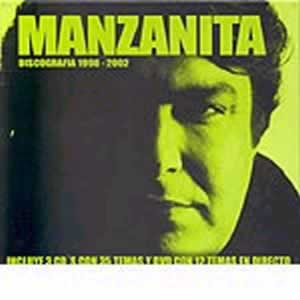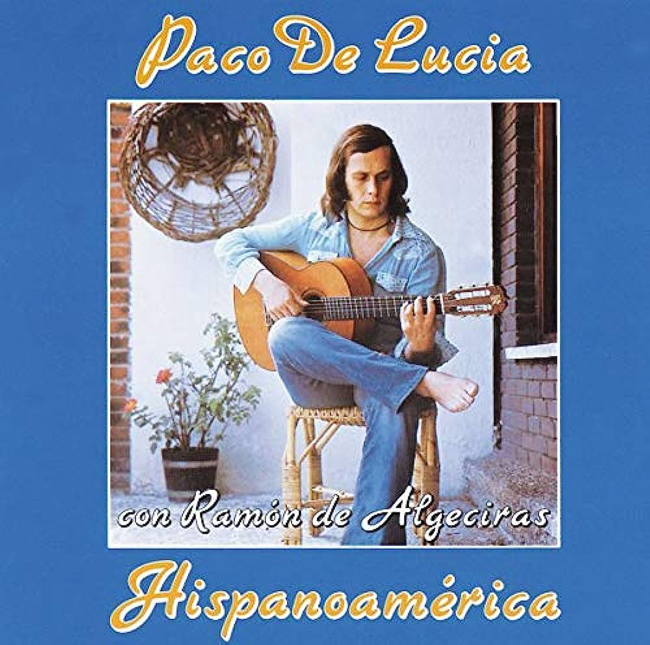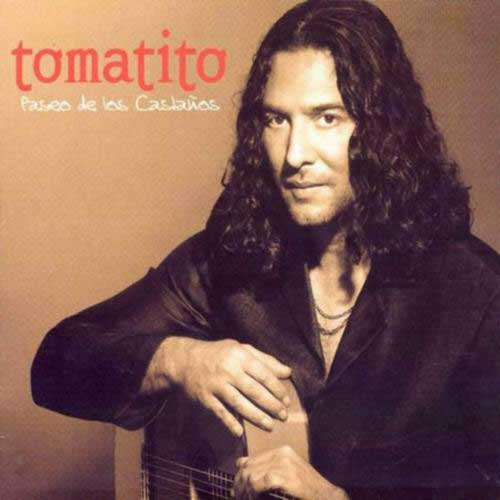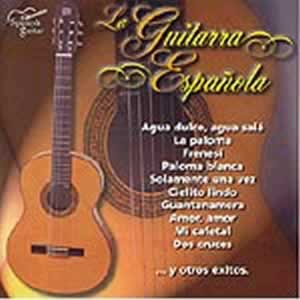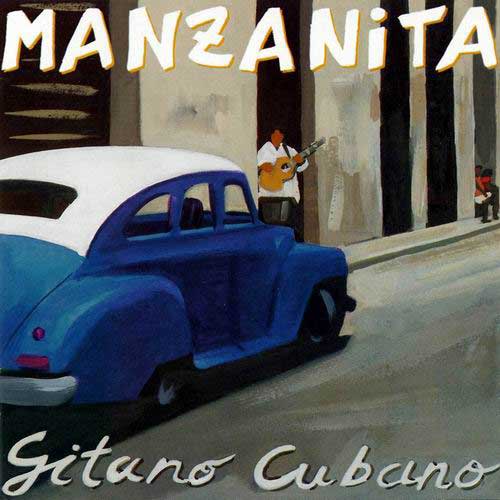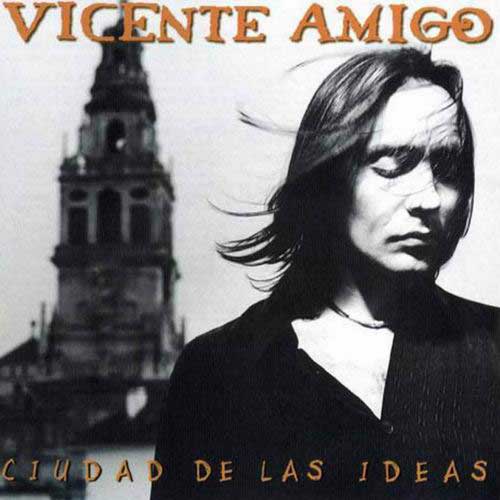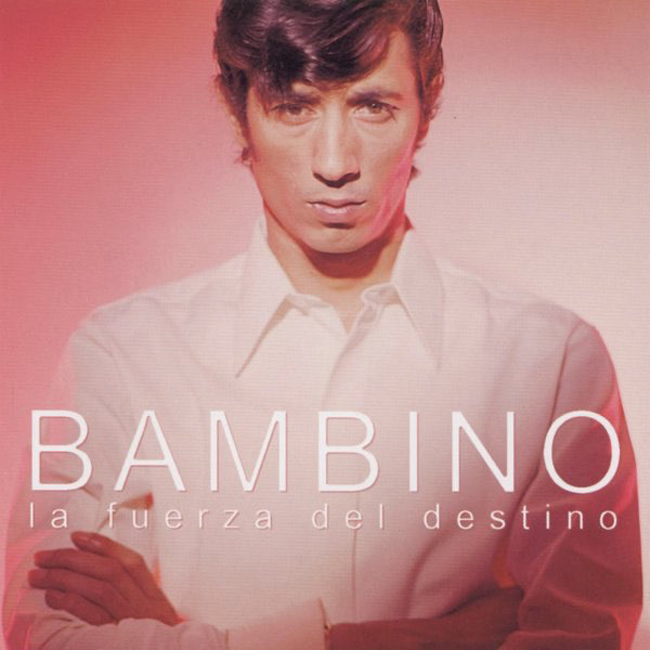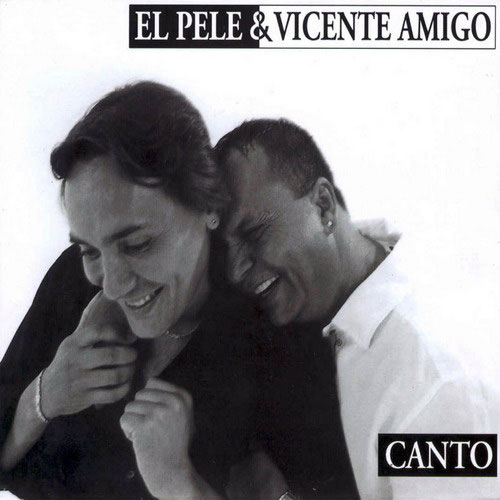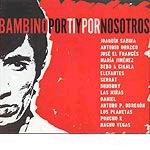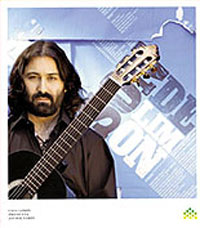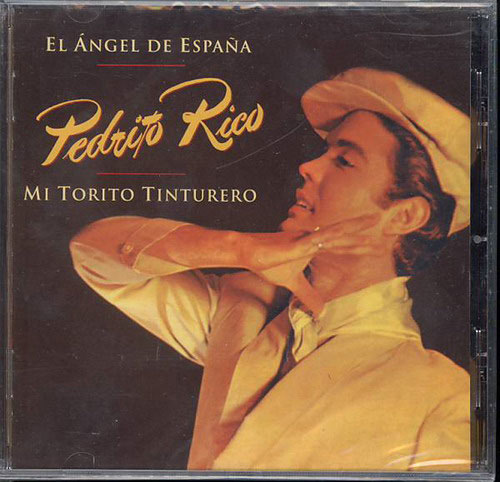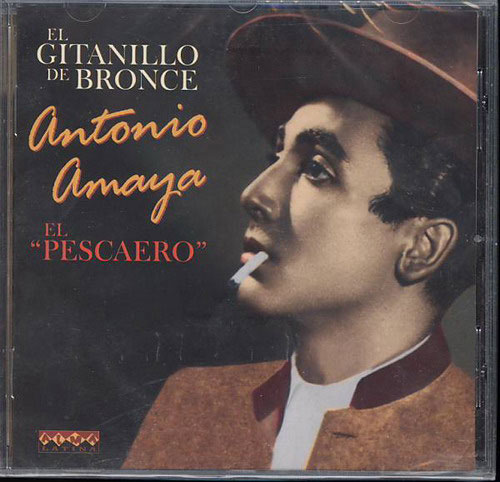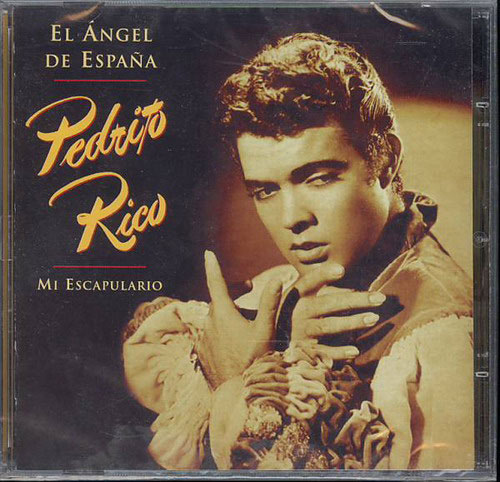- Contact |
-
Phone |
(+34) 91 542 72 51.
We’re open from Monday – Friday 10h-13:30h / 17:00-20:00h and Saturdays 10h-13:30h (GMT + 1).
In 2022, we will be closed for holidays the 1st and 6th January, 14th, 15th and 16th April, 2nd and 16th May, 25th July, 12th October, 16th August, 1st and 9th November, 6th, 8th , 9th and 26th December.
Our shop is located in Calle Campomanes nº 4, Madrid 28013 España (Ópera Metro Station) - Help |
- Price list |
- Order situation |
- Wholesalers Access
- 🚚 📦 WORLDWIDE SHIPPING ✈️ 🌍
- 🚚 📦 WORLDWIDE SHIPPING ✈️ 🌍


- Flamenco best sellers
-
All Flamenco
- Bracelets
- Braces and Belts
- Breeches and Tassels
- Brooches
- Bull-fight and Spanish Flag Handbags
- Bullfighter Outfits
- Campero Boots Valverde del Camino
- Costumes and Accessories
- Customized Products
- Flamenca Blouses
- Flamenco Costumes for kids
- Flamenco dance Tops and Bodies
- Flamenco Dolls
- Flamenco Face Masks
- Flamenco Guitars
- Flamenco percussion boxes and canes
- Flamenco Pictures
- Flamenco Shirts
- Jewellery
- Joaquín Cortés
- Manila Shawls
- Necklaces
- Posters
- Regional Shoes
- Weddings and Brides
- Guests Hats
- Souvenirs, Parties
- Didactic Material
- Music and video
-

-

- Flamenco best sellers
- Andalusian costumes
- Castanets
- Combs and Small Combs
- Fans
- Flamenca outfits
- Flamenco Dance Outfits
- Flamenco Earrings
- Flamenco Flowers
- Flamenco Shoes
- Flamenco Skirts
- Hats
- Manila Shawls
- All Flamenco
- Bracelets
- Braces and Belts
- Breeches and Tassels
- Brooches
- Bull-fight and Spanish Flag Handbags
- Bullfighter Outfits
- Campero Boots Valverde del Camino
- Costumes and Accessories
- Customized Products
- Flamenca Blouses
- Flamenco Costumes for kids
- Flamenco dance Tops and Bodies
- Flamenco Dolls
- Flamenco Face Masks
- Flamenco Guitars
- Flamenco percussion boxes and canes
- Flamenco Pictures
- Flamenco Shirts
- Jewellery
- Joaquín Cortés
- Manila Shawls
- Necklaces
- Posters
- Regional Shoes
- Sales
- Short Boots
- Small Shawls
- Spanish Aprons
- Spanish flags
- Spanish Gifts
- Spanish Hats
- Stickers and Adhesives
- Sticks
- T-shirts
- Veils (Spanish mantillas)
- Zahones
- Weddings and Brides
- Bridal Combs
- Bridal Jewelry
- Bridal Veils
- Brooches for wedding veils
- Bun hair pins
- Flowers for bride
- Wedding Fans
- Wedding music
- Guests Hats
- Design Earrings
- Floppy Hat
- Floral Crown
- Guest Headband
- Guest headdress
- Party clutches, Guest clutches, Mini Bag
- Straw boater for Women
- Top Hat for Women
- Souvenirs, Parties
- Flamenco-Spain.com
- Didactic Material
- Books
- Classes for Beginners
- Didactic DVD & Video
- Flamenco Didactic CDs
- Flamenco Metronomes
- Flamenco Step by Step: Adrián Galia
- Manuel Salado: Flamenco Dance, Flamenco Guitar and Tap
- Oscar Herrero
- Scores and Sheet music
- Solo Compás
- Music and video
- CD. Flamenco music
- DVD
- Videos
-
 Whatsapp
Whatsapp
- Our address:
- Calle Campomanes, 4, 28013, Madrid
- See map
- E-mail:
- flamencoexport@flamencoexport.com
- Phone:
(+34) 91 542 72 51.
We’re open from Monday – Friday 10h-13:30h / 17:00-20:00h and Saturdays 10h-13:30h (GMT + 1).
In 2022, we will be closed for holidays the 1st and 6th January, 14th, 15th and 16th April, 2nd and 16th May, 25th July, 12th October, 16th August, 1st and 9th November, 6th, 8th , 9th and 26th December.
Our shop is located in Calle Campomanes nº 4, Madrid 28013 España (Ópera Metro Station)

Bolero
Bolero has always been considered as a melody with an historical value, so far that today some people consider it as a masterpiece.
Some reseachers established its birth and said that its first and historical presence took place in the "filin" Cuban movement. It is important to say that the Cuban point of view of "today" was not present then, which means that we are not refering to the authorized voices like José María Vitier, Marta Valdés, Frank Fernández, Chucho Valdés, Alexis Díaz-Pimienta, Efraín Amador, Waldo Leyva, Omara Portuondo, César Portillo de la Luz and much more, neither to the rest of the artists who contributed to the success of the North American project Buena Vista Social Club.
The acurate research of Francisco Ojeda established the bolero birth in the second half of the XIXth century, what contradicts the title of the book "Cien años de bolero" of the Colombian Jaime Rico Salazar.
'El cinquillo' appeared as the first rythmic pattern of 'bolero', apparently inherited of France via Haiti, through Cuba, Yucatán and, according to some people, through the South of United States.
For the ones who would like a description much more accurate of "what is a bolero?", they had to conform with the conclusion of Ojeda: "It is an tune". Of course intelligent, reconciling, with a wonderful end.
Frank Figueroa put down the Leitmotivs of the most famous boleros, their introductions: "All say my love for you is not true...", showing that everything is said in a very short time.
Being myself a bolero's son (dad pianist and mom singer...), I affirm that it is impossible to try to organise the story, its date of birth or the nacionality, because the reason bolero has been created came from illusion, spite, lie, truth, passion, jalousy, treachery, abandon, reunion and threat of death too.
Most compositors, authors and interpreters of bolero created the best masterpieces from two basic tools: love and confusion.
Related products
-
Discontinued
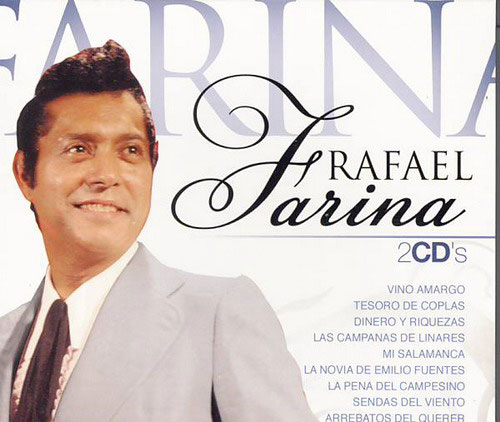 7 '95€Rafael Farina 2.CDS500806422307
7 '95€Rafael Farina 2.CDS500806422307








